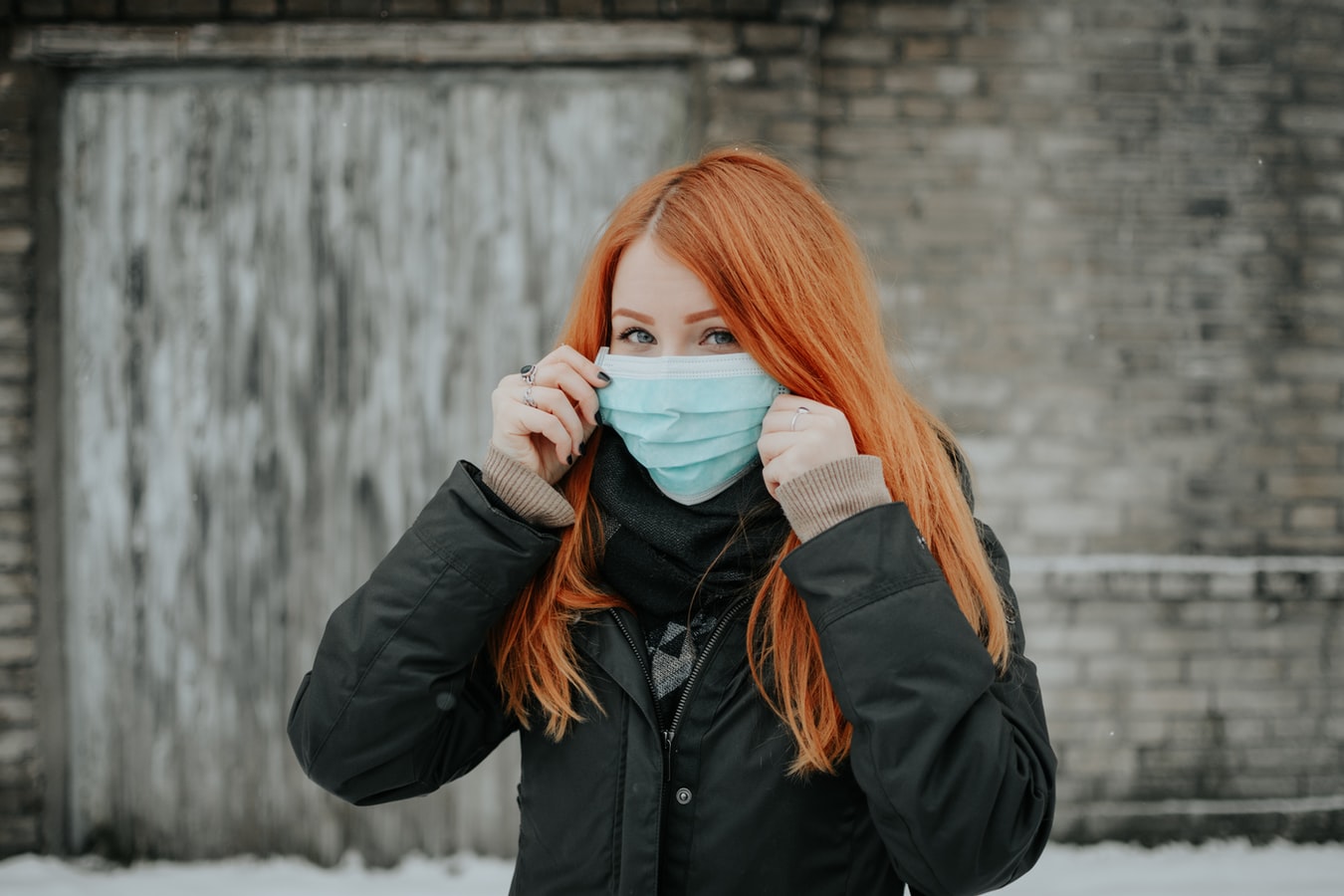
Every age group has been affected by the coronavirus pandemic. People have lost their jobs, lost loved ones, and struggled to maintain some sense of normalcy while life feels anything but normal. This experience has had a serious impact on our collective mental health. So much so, that the demand for mental health treatment has skyrocketed over the past few months.
However, you don’t often hear about how the pandemic has specifically impacted teens. When it comes to mental health, adolescents are among the most vulnerable demographic. If you’re the parent of a teen, it’s important to understand how they are being impacted by the pandemic, and why you should talk to them about their mental health during this time.
Study Shows Teen Mental Health is Declining During COVID-19
We can all agree that the coronavirus has taken a toll on our mental health. But new data on teen mental health is raising some alarms. In a study of about 1,500 teenagers, 7 out of 10 kids reported that they were struggling with their mental health in some way. Over 50% of the teens said they struggled with anxiety, 43% dealt with depression, and 45% had felt more stress than usual.
Although this data is grim, it’s not surprising that teens are experiencing such extreme mental distress. Teenagers’ lives have been completely uprooted by the pandemic. Overnight, they transitioned from classroom to online learning. Their sports seasons were cut short. Special events that teens look forward to for years, like prom and graduation, were cancelled.
During this time, we’ve heard a lot about adults losing their jobs, but the same can be said for teens. Many summer internships were effectively eliminated, making it hard for older teens to get career experience. Teens who rely on summer jobs to save money for college aren’t able to find work. Kids have lost their connection with friends, and many are struggling to stay sane while spending most of their time at home.
These are just a handful of the struggles that teens are facing during the coronavirus pandemic. It’s easy to assume that kids are happy to be home from school, sleeping in every day and avoiding other responsibilities. But we can’t ignore the fact that teens are experiencing a mental health crisis.
One of the most telling findings from the study was that 61% of teens said the pandemic had increased their feelings of loneliness. That’s a direct result of being isolated and separated from friends and classmates. When a teen is dealing with depression or anxiety, having a strong support system is crucial. Right now, those support systems have dwindled, and teens are struggling on their own.
The Link Between Teen Mental Health and Substance Abuse
As a parent, monitoring your teen’s mental health is extremely important. Teens who have a mental health disorder can be more likely to abuse drugs or alcohol, and develop a substance abuse disorder over time. This is especially true when teens are feeling isolated and alone.
In a 2016 study of 10,000 teens, it was found that roughly two-thirds of the participants who had a substance abuse disorder experienced at least one mental health disorder. It’s not uncommon for teens and adults to use drugs and alcohol as a way to self-medicate and cope with their emotions. Even if your child is underage, many kids still have access to drugs or alcohol, especially if you keep those things in your home.
For parents, it’s a good idea to pay attention to your own response to the stress of the pandemic. For instance, if you’re drinking more often than you normally would, be aware that you teen could be taking notice. If a teen sees their parent using alcohol or drugs to ease their anxiety, they might think it’s ok for them to do the same.
When teens use drugs or alcohol during adolescence, they have an increased risk of developing a substance abuse disorder later in life. Not to mention, the teen brain isn’t fully formed until adulthood. If they’re drinking or using drugs, it can have a significant impact on their cognitive development. That can lead to a number of mental and physical issues when they’re older.
Talking to Your Teen About Mental Health During the Pandemic
During the pandemic, your teen is probably spending most of their time at home. You interact with them on a daily basis, so you can tell when their behavior is different, or if they’re acting out of character. If you notice red flags, it’s important to bring it up and have a conversation. Don’t assume that your teen will bounce back once their life starts to regain some normalcy.
When you can speak freely about mental health with your child, they’ll feel more comfortable opening up about their feelings and emotions. Right now, teens need an outlet, and that outlet shouldn’t be drugs or alcohol. Keep tabs on your teen’s mental health, encourage healthy communication as a family, and find ways to lift each other up during this time.
If your teen is struggling with a mental health or substance abuse disorder during the pandemic, treatment is still available. Mission Harbor is open for business, and we’re continuing to treat clients in the Santa Barbara and Southern California areas. We specialize in treating both teens and adults, so anyone in your family who is facing mental distress is able to get the help they need.
Contact our team today to learn more about the Adolescent Program at Mission Harbor, and the mental health and substance abuse treatment we offer.




